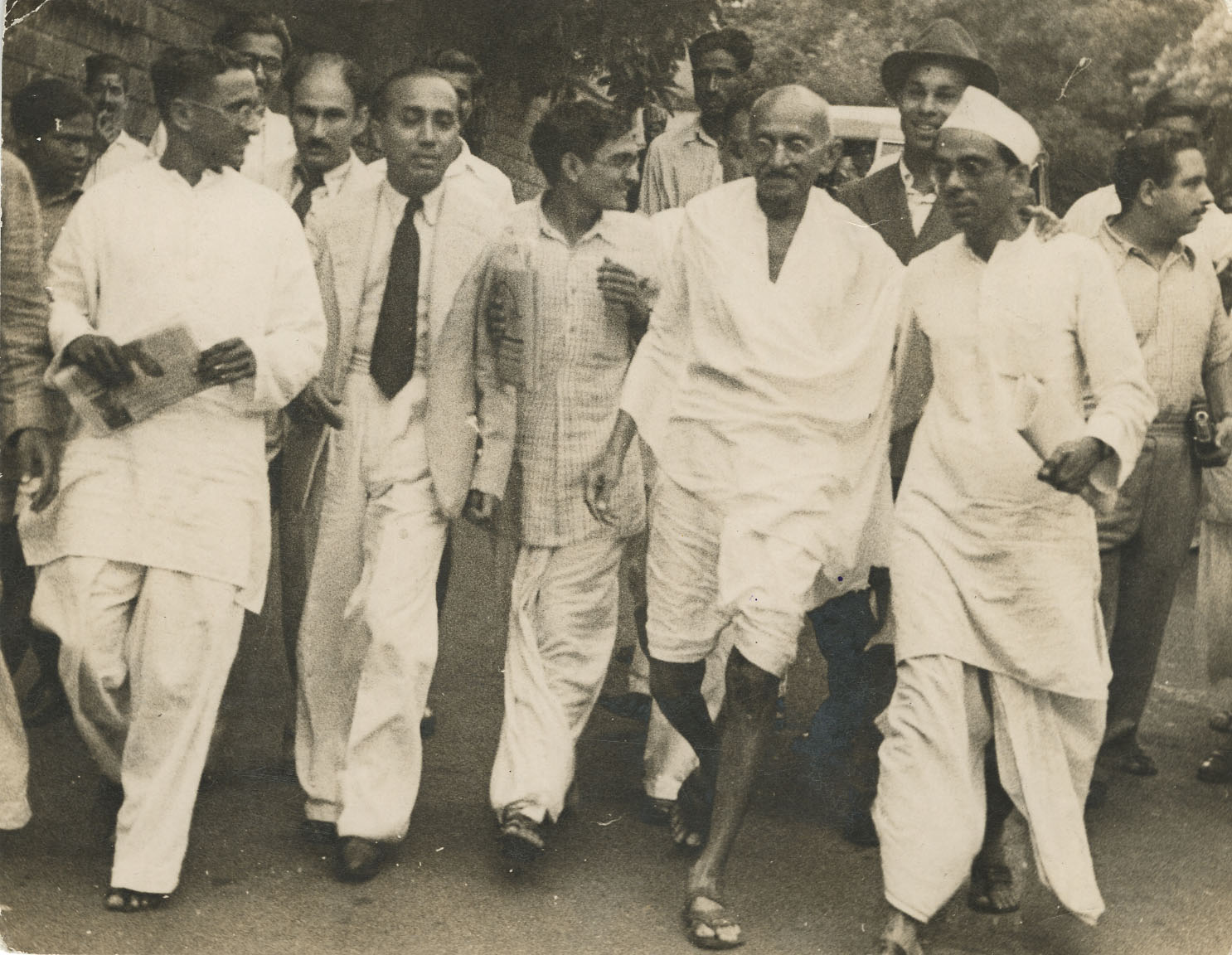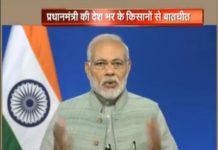
Covid-19 is raising its head again. As it is, the communal virus has been horrifying, wrecking lives and livelihoods, and if it gets compounded by the coronavirus then consequences would be disastrous
By the time you’d get to read this column, the new year would have just about unfolded. Mixed emotions for me. Less of enthusiasm and more of apprehensions. For one, the coronavirus scare seems getting back into our daily lives. Perhaps, it could be denting the free flow of movement and the connected bandobast. It wouldn’t be amiss to state that in case the virus strikes, once again that is, it will be nothing short of hell. The very survival would get difficult, financially and emotionally. As it is, the communal virus has been horrifying, wrecking lives and livelihoods, and if it gets compounded by the coronavirus then one can imagine what disasters would unfold.
As of now today, the only little ray of hazy hope is the way the masses are moving towards the Bharat Jodo Yatra. Hundreds and thousands of our fellow citizens are joining in that long march. This indicates that the common man wants to live amidst a secure and safe environment. No more communal hatred, no more divisive politics!
The man who was all for yatras
Last fortnight on 12 December, on Mulk Raj Anand’s birthday (he was born on 12 December 1905 in Peshawar), I sat wondering how he wrote and continued writing no matter the emotional challenges coming his way. Also, the fact that he was all for undertaking yatras.
Each time I had interviewed Mulk what came across rather too strongly was the stark fact that for him writing was a form of therapy, to lessen the emotional pain and turmoil. “Writing is a therapy for me …to this day I must write every day. During 1927 when I had suffered the first nervous breakdown, my meeting with Sigmund Freud in Vienna and five sittings with him helped to a considerable extent. But later, the subsequent two nervous breakdowns were cured only through writings. I wrote a novel each time to recover my fragile nerves …Wrote the novel – Across The Black Waters – when my friend, activist Gertrude Mitchell, was killed by the Nazis in 1936.”
Mulk had detailed, “In my personal life I have loved several women and was left shattered when they died. In fact, each nervous breakdown took off with that loss. The first breakdown came with the news of the first woman I ‘d fallen in love with, Irene, who was an Irish and was involved with the Irish national movement, was killed in 1927 …Two more nervous breakdowns followed…I’ve suffered not just in relationships but also on the marriage front .My first marriage with Kathleen Van Gelder had failed. The second marriage to Anel D’ Silva couldn’t really take off because at the last minute she changed her mind. I had then married dancer Shireen Vajifdar.”
Mulk had added, “I’ve always been provoked by all that is happening around me. My novels are my reactions to a personal loss or to all that is happening around me …today there is much violence and hatred everywhere …the rise of fundamentalism is also alarming … the only answer to the growing intolerance is going back to Mahatma Gandhi’s teachings. All these years we have ignored his teachings and that’s why problems are erupting all around us.”
Mulk wrote till the late 90s.What had compounded his deteriorating health was the sudden death of his companion, the well-known Mumbai based illustrator, Dolly Sahiar, who had died on board whilst travelling from the US to Mumbai. Mulk just couldn’t cope with that loss, and he’d passed away in 2004.

Today when one thinks of Mulk it is not just the books he has written or his off beat views but also the way he had done up his home in New Delhi. To be precise one of his homes, for he had a place on Mumbai’s Cuffe Parade. I had visited and interviewed him several times at his New Delhi situated home ‘Lokayata ‘. It stood out at the very start of the Hauz Khas Village, very close to the Deer Park. There was something very different about the place. Not in terms of architecture or some fancy layout. On the contrary, there were just bare basics to the home and yet it had an air of being different. And it’s with much pride Mulk would detail that he had done up the place with just about the minimum expenditure – “bought these moorahs from the village and also some of these durries and chiks … and a local carpenter has done these wooden shelves and I had these painted in bright red, because red brings in cheer to the atmosphere.”
I recall the last time I’d met him was in the autumn of 1999. It was during the month of November, and though he was nearing 95 years but looked much younger and he had kept calling himself “young man”. And this “young man” had undertaken a long road journey along with Dolly Sahiar, from Chandigarh to Amritsar and from there to New Delhi. And that too in a Gypsy yet he’d looked rather relaxed. It was a long winding interview and he had been at his blatant best.
When I had asked him to comment on the social decay spreading out he had said, “At times I question myself whether we are the same people who created the Ellora Caves in the second century. See, what’s become of us. Today we seem to have no time to read or even think, because we are busy watching bosomy heroines on the idiot box, selling our own daughters through those massive matrimonial advertisements as though selling cattle. And look at our bureaucrats! Wonder how do they administer us when most can’t even drive their own vehicles! And look at what our men are wearing – not cottons and khadi and none of the kurta pyjamas which is suitable for our climatic conditions but tight fitting synthetic trousers.”
Perhaps, few of us would know that Mulk had spent some time living in the Sabarmati Ashram …he’d lived there till the day he had violated one of the ashram rules and was asked by Mahatma Gandhi to leave the ashram- “I had just recovered from my first nervous breakdown, which I had suffered in the UK, when I had travelled back to India and went to the meet Gandhiji at the Sabarmati Ashram, and requested him if I could stay there. After much thought he did finally allow me to stay there but only after I had agreed on three basic issues. I had taken three vows — to clean toilets, never to drink alcohol and never to look at women with desire. In the beginning it went off okay but, then, somebody had told him that I was flirting with the typist also staying in the ashram. She was an American divorcee and staying there with her young son and though there was just no truth is that allegation but I had to leave the ashram …But even that short stay in the ashram and my interactions with Mahatma Gandhi left an impact on not just my lifestyle but on my perceptions and on my very bonding with the masses. He had asked me to tour the country and interact with the villagers and see the realities for myself. And proved to be so very significant for me…saw for myself my country and met my countrymen in the various locales of my country. I’m of the opinion that every Indian should undertake a yatra across the country, so that ground realities can be seen and grasped.”













